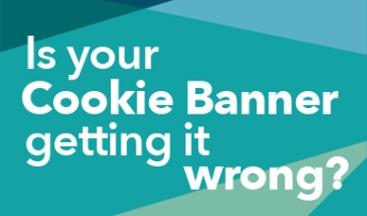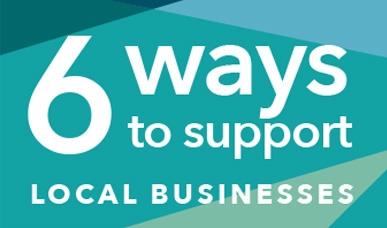What should my consultancy charge for websites, SEO, and marketing?

Let’s consider a hypothetical, yet common situation and for this example let’s also take it as a given that the areas of improvement and where growth can be maximised have been identified and agreed between client and consultancy (who are going to be providing the services).
The company sells products on its own website, other seller platforms and via wholesale. The task identified is to increase leads and traffic to the company website, the research clearly shows that 2% of all visitors make a purchase and the company earns the most profit from direct sales on its site.
The mission is set to increase visitor traffic to raise the current website sales by 6%, taking net sales per month from £39K to a little over £41K.
The consultancy tasked with achieving the goal go to work, fixing issues, enhancing areas, be this website related, content output, promotional activities, awareness, all of the things deemed necessary by the experienced consultancy to reach the goal for the client.
The company finish the year and achieve their goal, netting an additional £28,080 in sales. The question is, what is that worth? What should the company allocate as a budget to achieve the additional sales revenue?
Another example, the consultancy work with company B, it’s been identified that the improvement area is marketing, the company is a service provider and generates some of their clients from leads gained from their website.
The goal is to increase the leads so the client can gain an additional client every month. With each client holding a value of £1K per month to the company, hitting the goal would bring in an additional net revenue of £78K for the year. What should the marketing budget be to achieve or exceed the goal?
Consultancies are often asked how much does a website cost? What does marketing cost? It is the role of good consultancy to identify the goals of the client, to understand where they can assist and serve the client to add the value and deliver the results they want.
Think of it like this, when someone is enquiring about a new vehicle purchase, it is the role of the dealership to understand the needs of the prospective client, perhaps they already know all of their needs, perhaps they don’t. They are looking for a family car, so five seats or seven? Do they have existing child seats, and will they fit? Does the customer require an entertainment system in the rear? A service and warranty plan? Do they want to pay for the vehicle outright or spread the cost? Is colour important? Should it be new, or would a lower price for a nearly new vehicle be more suitable?

What the car dealership should never do is try to sell the customer a vehicle that suits the dealership better, brings in the most profit or reduces the level of stock on a model shortly to be replaced.
It’s all common sense, it’s best practice for the consultancy to stop selling and to listen more. It will deliver the client with the results that they need and will ultimately deliver the consultancy with what they need too.
Latest Insights
Invest 20 minutes in a chat about growing the online presence of your business
Book a free consultation and we will audit your existing website and arrange a call to go through it with you.
We’ll explain how we can help you hit the goals that you have for your business, and how your website can achieve them.
Call us on 0121 401 1471



